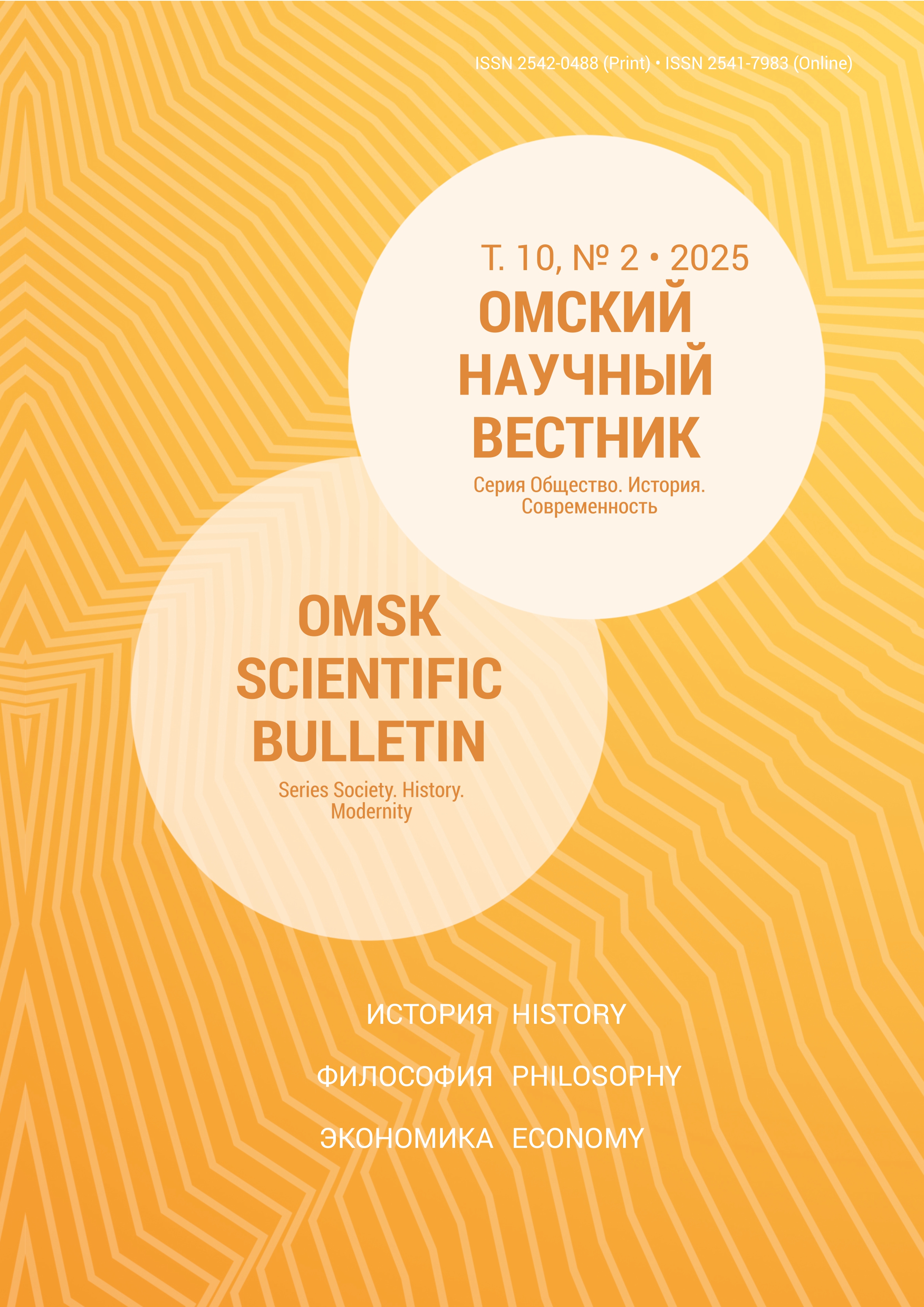Externalism and knowledge: how to follow rules
DOI:
https://doi.org/10.25206/2542-0488-2025-10-2-94-103Keywords:
local skepticism, rule-following, knowing-how, externalism, internalism, epistemology.Abstract
The aim of the paper is to show that Kripke-Wittgenstein’s rule-following paradox assumes the premise of epistemic internalism that inappropriately restricting the admissible answers about how agents can know the rules or meanings of linguistic expressions. It is argued that the rule-following problem does not concern knowledge of rules or meaning in general, but only the attribution of propositional knowledge according to internalist criteria. It is considered how the rejection of the internalist premise in Evgeny Borisov’s direct solution avoids the criticism put forward by Andrei Nehaev.
Downloads
Published
How to Cite
License
Non-exclusive rights to the article are transferred to the journal in full accordance with the Creative Commons License BY-NC-SA 4.0 «Attribution-NonCommercial-ShareAlike 4.0 Worldwide License (CC BY-NC-SA 4.0»)




